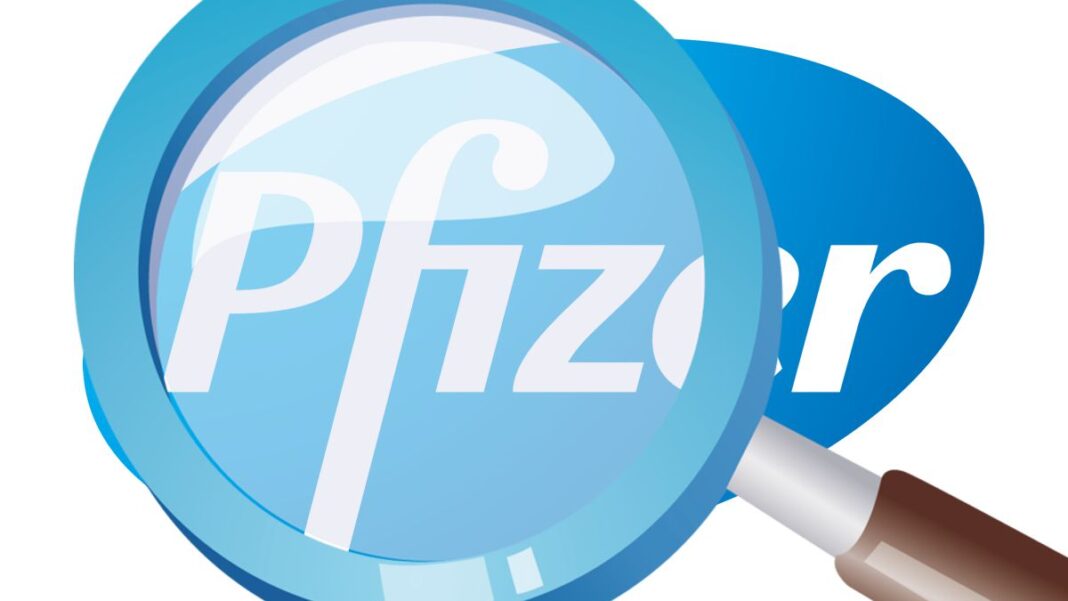The deadline has passed for Pfizer to submit the results of a study exploring the frequency of heart inflammation following receipt of the company’s COVID-19 vaccine.
Pfizer was required by the U.S. and Food and Drug Administration (FDA) to conduct multiple studies on its vaccine after the FDA approved the shot in August 2021 because regulators determined that without the studies, there would not be sufficient data to assess the “known serious risks of myocarditis and pericarditis,” or heart inflammation and a related condition.
Regulators were also concerned about the potential risk of subclinical myocarditis, or heart inflammation without typical symptoms.
The FDA told Pfizer to carry out six studies, with various deadlines for completion and reporting final results to the agency. The first final deadline arrived on Dec. 31, 2022.
Pfizer was required to submit a report on the study, which was to assess the incidence of subclinical myocarditis following administration of a third dose of Pfizer’s vaccine, or a booster shot, in people aged 16 to 30.
It’s unclear whether Pfizer met the deadline. The company and the FDA did not respond to requests for comment, and neither have issued any information about the study or its results since the deadline passed.
According to the FDA, Pfizer had until June 30, 2022, to complete the study and then another six months to prepare and submit the final results.
In a Dec. 8, 2022, memorandum explaining why the FDA authorized Pfizer’s bivalent booster without any clinical data, FDA officials noted that Pfizer was “conducting additional safety-related post-authorization/post-marketing studies for the PfizerBioNTech COVID-19 Vaccine, including post-marketing requirements to assess known serious serious risks of myocarditis and pericarditis and an unexpected serious risk of subclinical myocarditis..”
‘Shouldn’t Have to Ask’
The results of the study should be shared promptly, according to Jessica Adams, a former regulatory officer at the FDA.
“We shouldn’t have to ask or demand this information. We should expect that it’d be promptly shared by default,” Adams wrote on Twitter.







